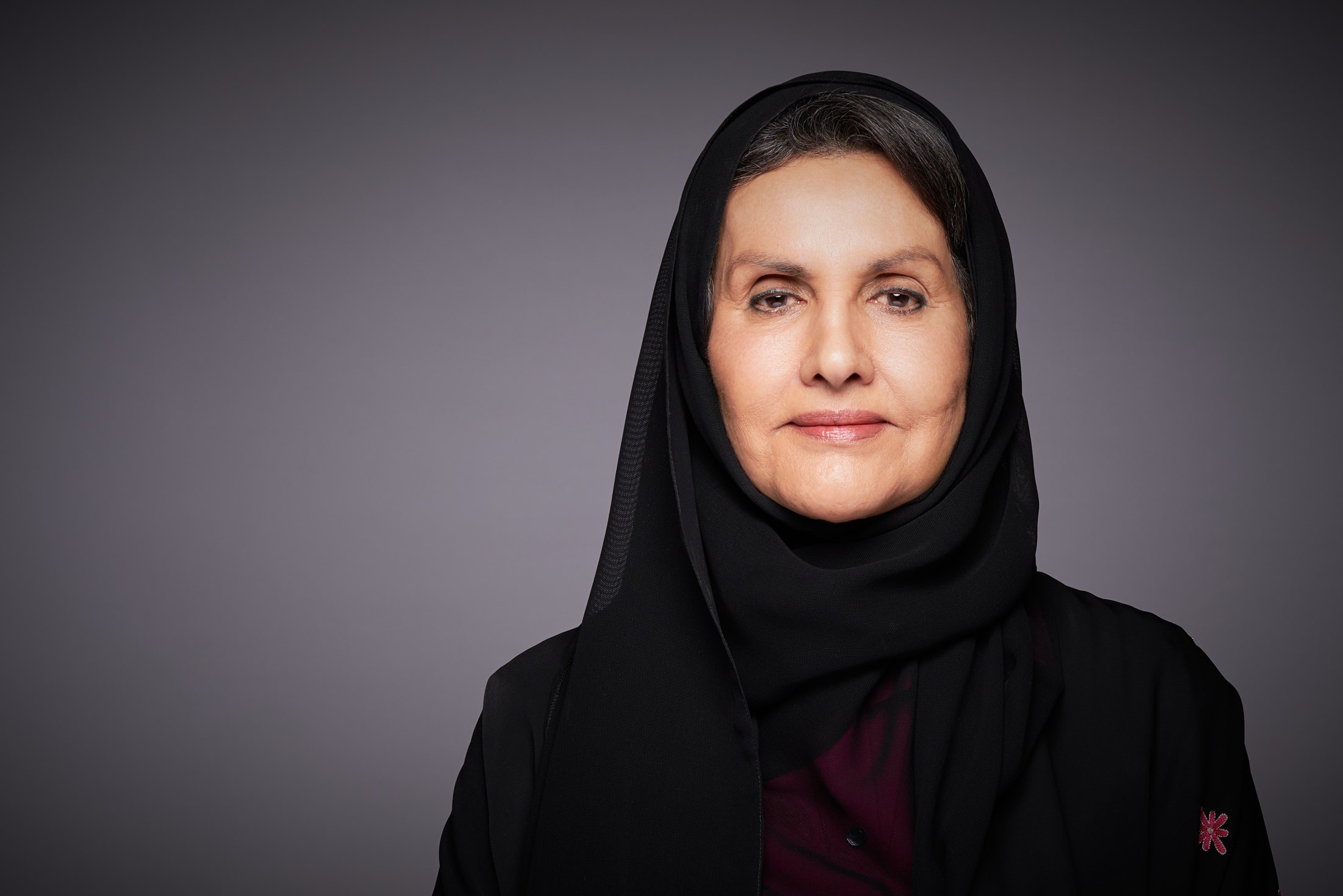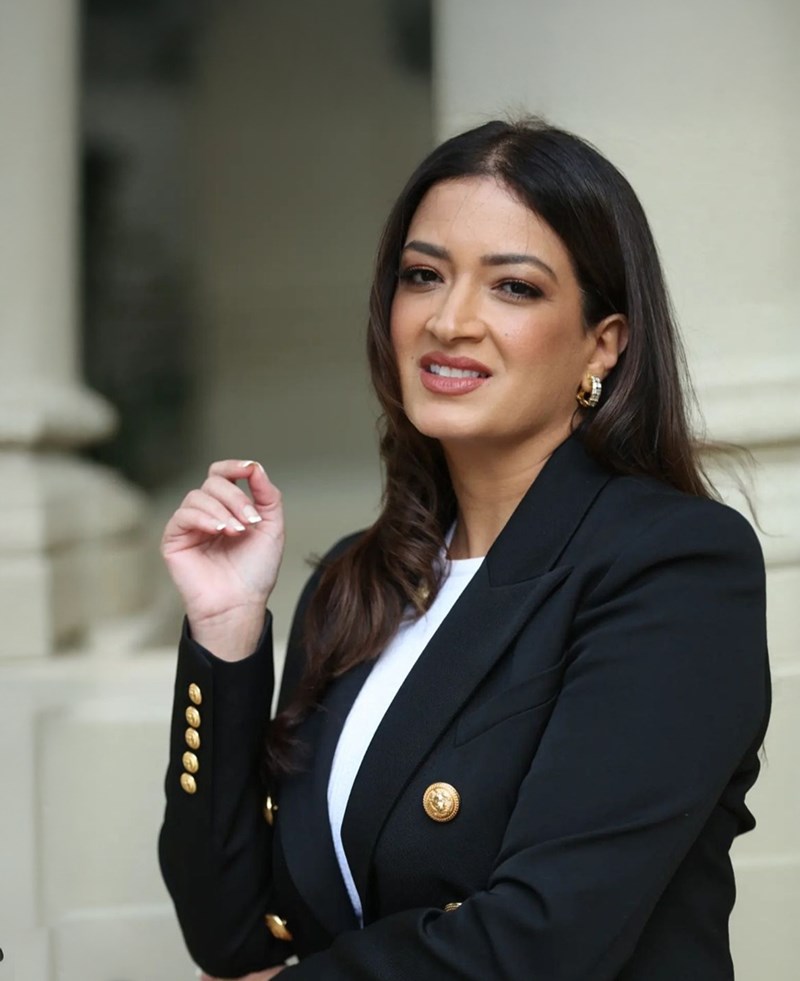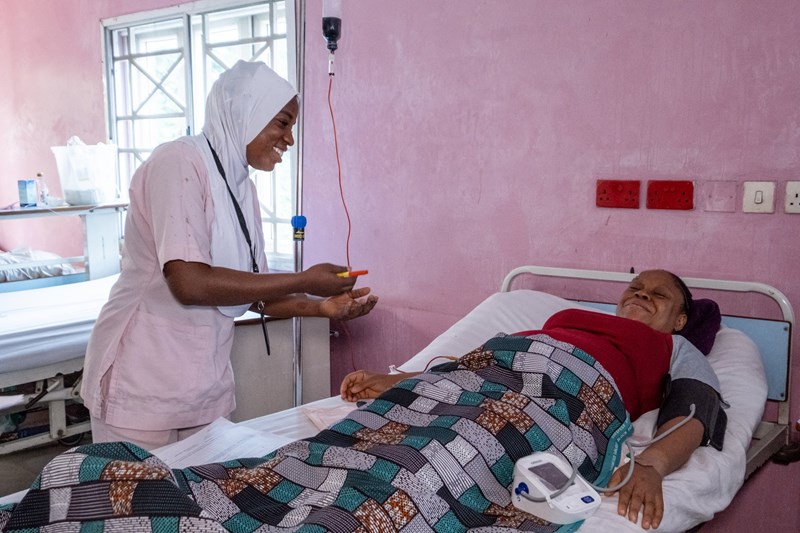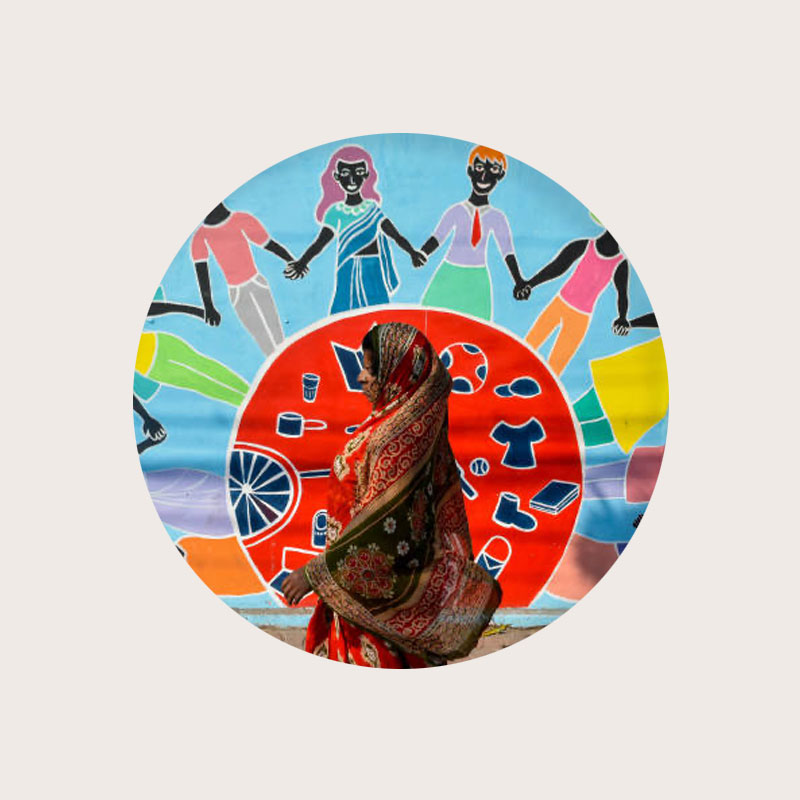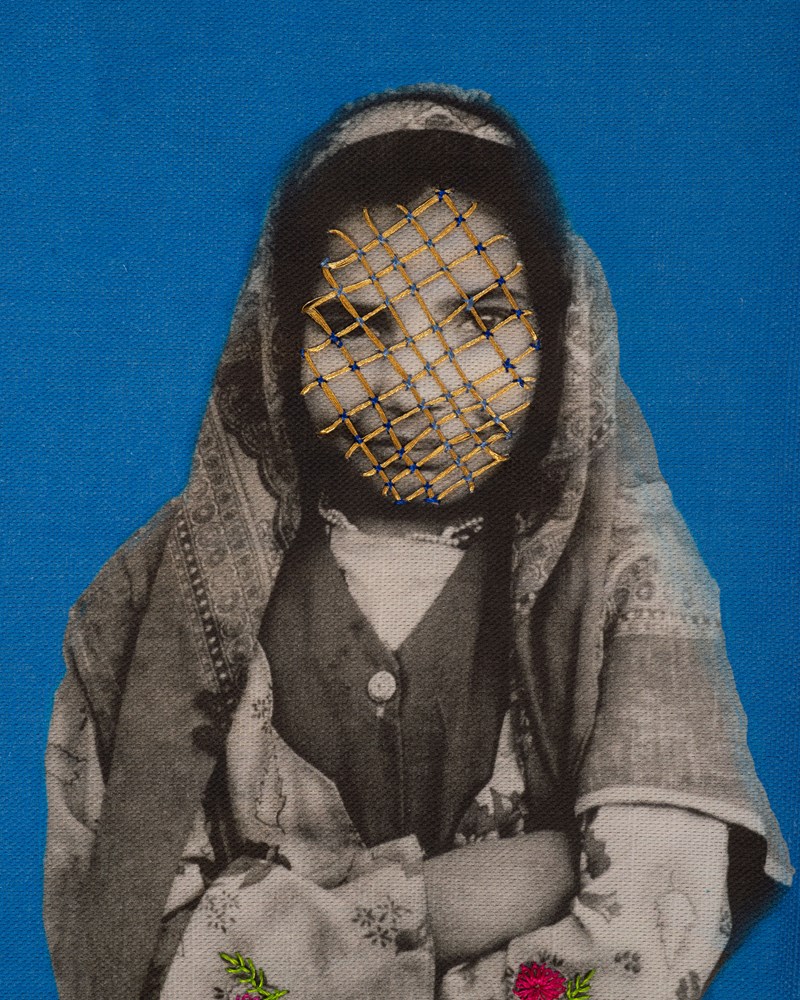Long before institutional philanthropy was formalised, women were leading change. In 19th-century Egypt, Princess Fatima Ismail stands out as a pioneering figure who broke gender norms by publicly championing the establishment of Cairo University. Her bold support for education marked a transformative moment for women’s roles in history.
She donated land, funds, and even her personal jewelry to establish the country’s first medical school at Cairo University, ensuring that women could finally train as doctors.
Princess Noura bint Abdulrahman, the sister of the Kingdom’s founder King Abdulaziz, meanwhile, remains one of the earliest symbols of women’s leadership in Saudi society.
A trusted advisor and figure of intellectual strength, Princess Noura was widely respected for her wisdom, independence, and community engagement. She championed women’s education and health, opened one of the first dispensaries for women in Riyadh, and lent her voice to issues affecting social welfare.
Her legacy endures not only in the many institutions named in her honor but in the lasting cultural shift she helped spark, one that recognises women as active participants in public life and community advancement.
Elsewhere in the Gulf region, figures such as Sheikha Moza bint Nasser of Qatar and Sheikha Fatima bint Mubarak of the UAE have re-shaped philanthropy on a regional and global scale.
Sheikha Moza’s work has focused on education and social development, creating institutions that promote access to knowledge, innovation, and human dignity, especially for vulnerable and displaced communities. Her initiatives reflect a belief in education as a tool of empowerment and long-term stability.
Often called the "Mother of the Nation," Sheikha Fatima has been a champion for women's rights and social welfare in the UAE and beyond. Her philanthropic efforts have centered on maternal health, child welfare, and expanding educational opportunities for women. Her leadership has helped institutionalise women’s involvement in development, placing care and compassion at the heart of national progress.
Meanwhile in Lebanon, Leila AlSolh, one of the Arab world’s earliest female ministers, became a transformative force in philanthropy. Her efforts leading Alwaleed Philanthropies (Lebanon) focused on reducing poverty, supporting health and education, and preserving dignity for marginalised communities. Her model of giving combined personal empathy with systemic change, influencing public life and civil society.


